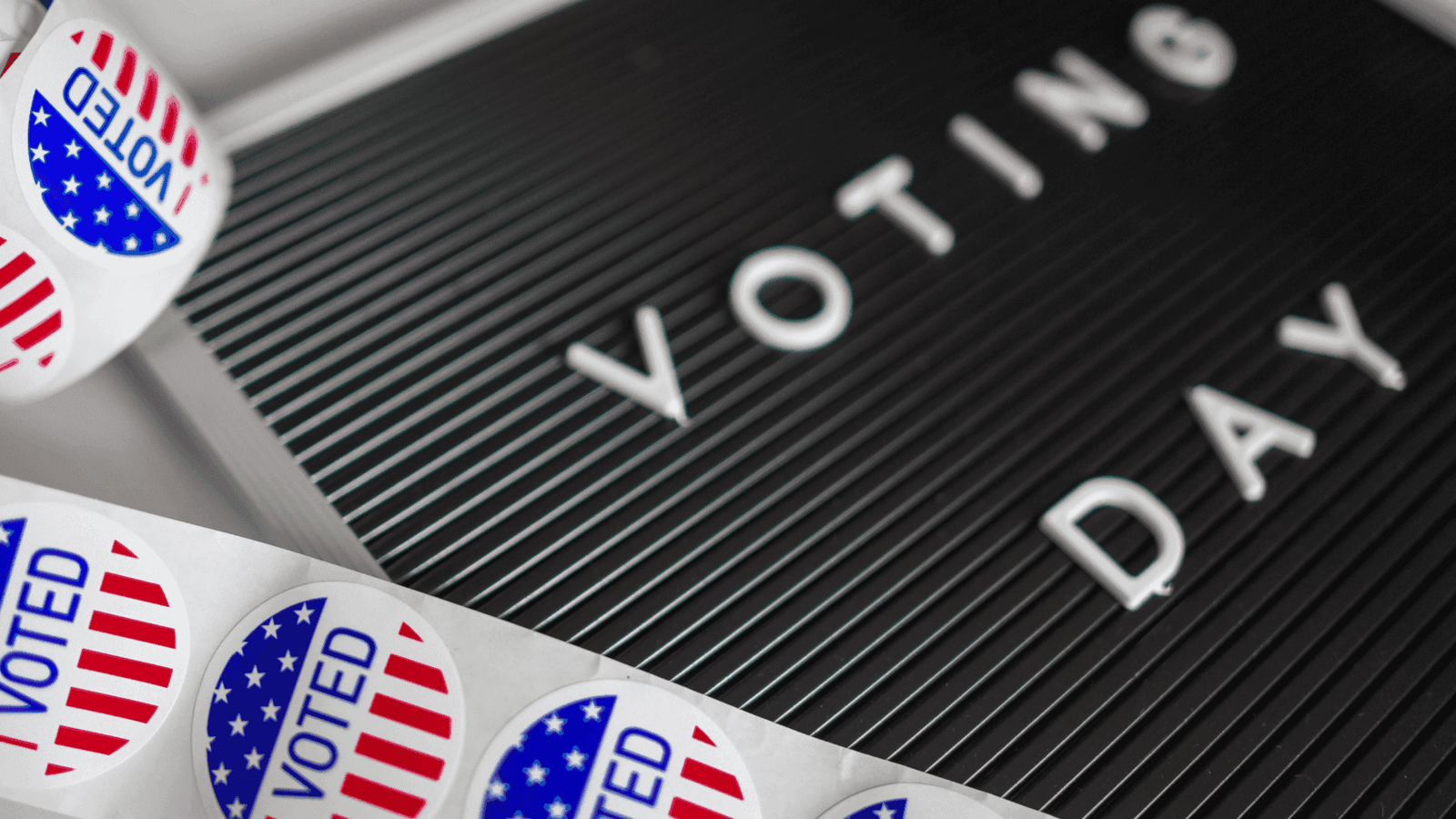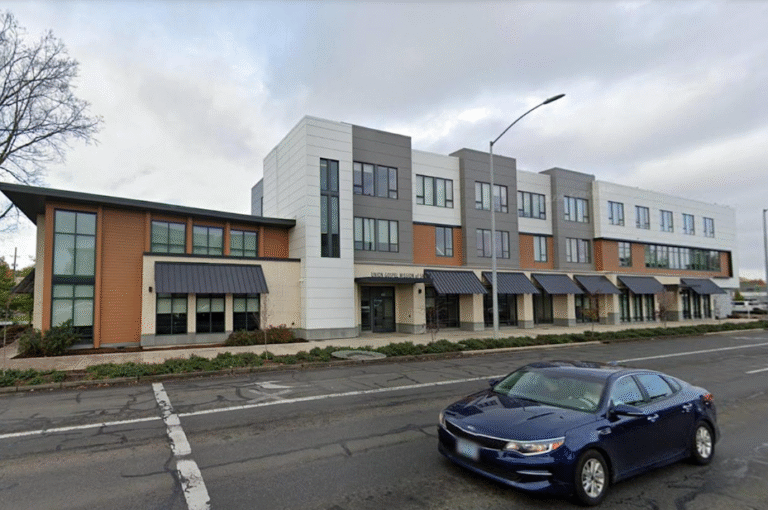
Federal and State Voting Laws
Federal law strictly prohibits noncitizens from voting in federal elections, including for president, U.S. Senate, and the U.S. House of Representatives. Pennsylvania follows this rule and also bars noncitizens from participating in state elections.
Penalties for Noncitizens Voting
A 1996 federal law imposes severe penalties on noncitizens who vote in federal elections. Violators can face fines, up to a year in prison, and deportation. Voter registration in the U.S. requires individuals to affirm their citizenship under penalty of perjury.
Eligibility Requirements in Pennsylvania
To vote in Pennsylvania, individuals must meet specific requirements, including U.S. citizenship. The state constitution mandates that voters must be U.S. citizens for at least one month and meet residency requirements for their district. Ellen Lyon from the Pennsylvania Department of State confirms that noncitizens attempting to vote would face legal repercussions, including imprisonment and deportation. She notes that there are no recent reports of noncitizens registering or voting illegally.
Noncitizen Voting Concerns
The topic of noncitizen voting has recently become controversial, especially during election years. Despite some concerns, research shows that noncitizen voting is minimal. Political science professor Ron Hayduk from San Francisco State University reports that illegal voting by noncitizens is rare.
Evidence from Recent Studies
A 2017 Brennan Center for Justice report identified about 30 potential noncitizen voting cases out of 23.5 million votes cast in 42 jurisdictions during the 2016 election. A 2022 Georgia audit found fewer than 2,000 noncitizens attempting to register to vote over the past 25 years, none of whom succeeded.
Historical Issues and Disputes
In Pennsylvania, a 2017 glitch in the voter registration system may have allowed noncitizen immigrants to cast 544 ballots out of over 93 million cast since 2000. However, these claims of widespread noncitizen voting have been widely disputed and disproven, according to Penn State expert Daniel Mallinson.
Local Exceptions
While no state constitution allows noncitizen voting, some municipalities in California, Maryland, and Vermont, as well as the District of Columbia, permit noncitizens to vote in specific local elections, such as for school boards and city councils.



